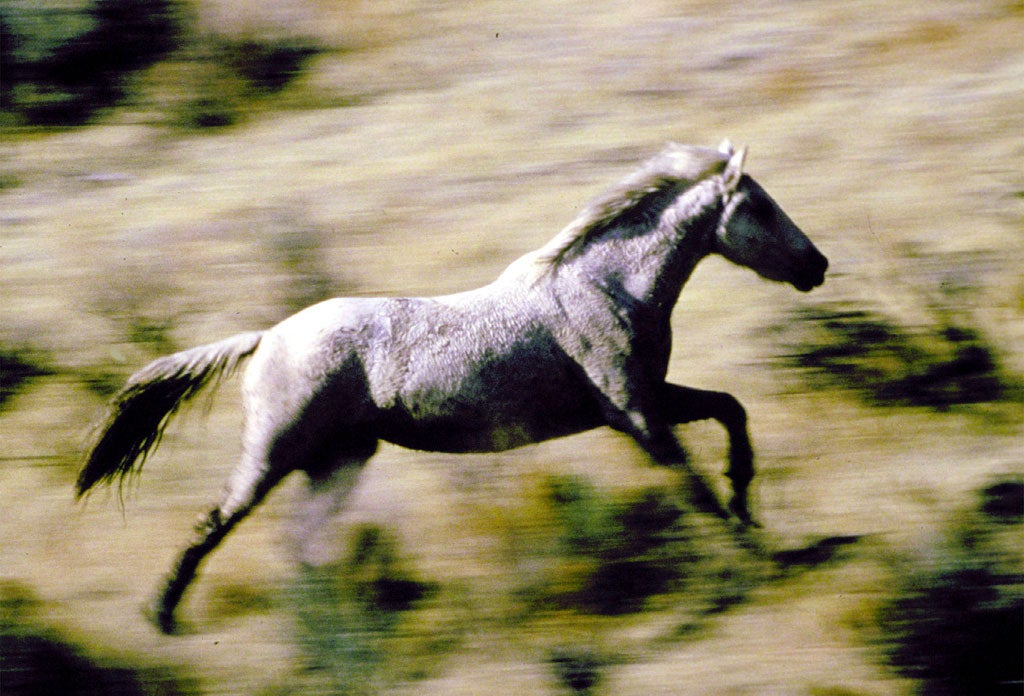
I'm nervous just writing the title of one of the stories in Sarah Hall's collection – "She Murdered Mortal He" – for fear of music copyright lawyers breathing down my neck. But they should breathe down Hall's first. Knowing my luck and ignorance, this could be the moment I'll discover that Bob Dylan didn't coin the phrase and instead lifted it from, inevitably, either Shakespeare or the Bible.
Hall's use of Dylan's line would appear to prejudge the protagonist of the story, a tale of a romantic holiday gone horribly wrong after a falling-out. It appeared first in Granta's horror issue, but it's not a horror story. It's a beautifully written piece, like all the stories in this excellent collection, and while the care the author has taken over every word and line is obvious, the remarkable thing about Hall's writing, and most good writing, especially in the short form, is that the most important stuff is not what's on the page, but what's not. The stuff left out.
In the title story, a woman changes in and out of dresses in a hotel bedroom while waiting for her lover to join her from London. You want to know who she is, what she wants, what's wrong with her and what's going to happen to her. Some of this you find out, some you don't. The earlier stories tell a little more. The dead insects in "Bees" are, ultimately, explained away, but elegantly; and in "The Nightlong River" there's a poignant inevitability to the fate of Magda, "with her frame as delicately pinched and whittled as a swift's".
The later stories are more likely to leave you teetering, unsure: in "The Agency", with so much left unsaid, a woman sits "in almost predatory stillness". The lake in "Vuotjärvi" is deep, "the bottom no more than a black imagining". The sense of threat is palpable: "Underneath was vestigial territory. Rotting vegetation. Benthic silence."
"Buther's Perfume" is glisky with Cumbrian dialect. Look it up. Throughout, the use of language is fresh and original. Perhaps most remarkable, though, are the animals, the way they appear from nowhere in almost every story –dog, fox, wolf, runaway horse – beautiful and indifferent to the lives of the characters.
In a way, the collection is about the difference between us and them, just as it highlights the contrast between town and country, between the supposedly civilised and the wild. In "Bees", a woman moves from north to south, from the fells to the capital, but loses heart, perhaps literally: "It might be tracking north now, along edgelands, past spoil-heaps and stands of pylons, under motorway passes, back to the higher ground." Hall may be as drawn to what connects her opposites as she is to the difference between them.
Nicholas Royle has edited 'Murmurations: an anthology of uncanny stories about birds' (Two Ravens Press)
Subscribe to Independent Premium to bookmark this article
Want to bookmark your favourite articles and stories to read or reference later? Start your Independent Premium subscription today.

Join our commenting forum
Join thought-provoking conversations, follow other Independent readers and see their replies
Comments